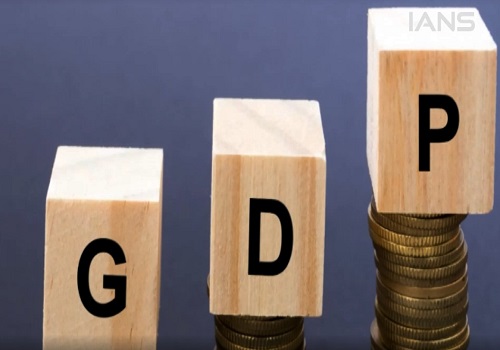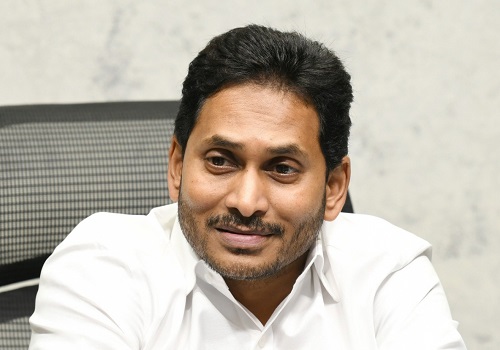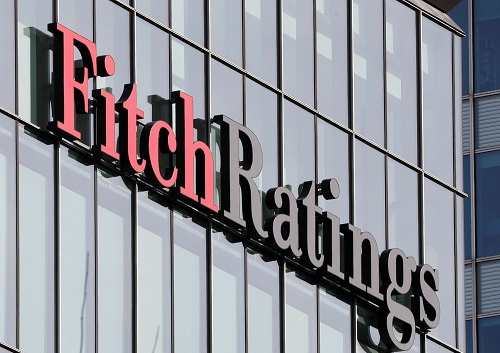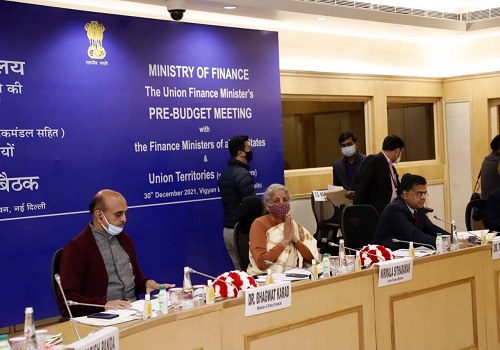Fiscal deficit expected to be 6.4% of GDP in 2022-23, says economic survey

Follow us Now on Telegram ! Get daily 10 - 12 important updates on Business, Finance and Investment. Join our Telegram Channel
Fiscal deficit is expected to be at 6.4 per cent of GDP in 2022-23, according to the Economic Survey 2022-23, tabled in Parliament by Finance Minister Nirmala Sitharaman on Tuesday.
The survey highlighted that conservative budget assumptions provided a buffer during global uncertainties. The resilience in the fiscal performance was due to a recovery in economic activity and buoyancy in revenues.
Gross tax revenue registered a year-on-year growth of 15.5 per cent from April to November 2022, and the net tax revenue to the Centre after the assignment to states grew by 7.9 per cent on a year-on-year basis, stated the survey.
"Structural reforms like the introduction of GST and the digitalisation of economic transactions have led to the greater formalisation of the economy and hence expanded the tax net and enhanced tax compliance. Thus revenues have grown at a pace much higher than the growth in GDP," it added.
The survey highlighted that direct taxes grew at 26 per cent year-on-year basis due to corporate and personal income tax growth in 2021-22. It further added that growth rates observed in the major direct taxes during the first eight months of 2022-23 were much higher than their corresponding longer-term averages.
The survey said that high imports have led to a 12.4 per cent yearly growth in the customs collection from April to November 2022.
"The GST tax payers doubled to 1.4 crore from 70 lakh in 2022. The gross GST collections were Rs 13.40 lakh crore from April to December 2022. Thus, implying a yearly growth of 24.8 per cent with an average monthly collection of Rs 1.5 lakh crore," it noted.
It further highlighted that improvement in GST collections has been due to the nationwide drive against GST evaders and fake bills and systemic changes introduced such as rate rationalisation correcting inverted duty structure.












 320-x-100_uti_gold.jpg" alt="Advertisement">
320-x-100_uti_gold.jpg" alt="Advertisement">












